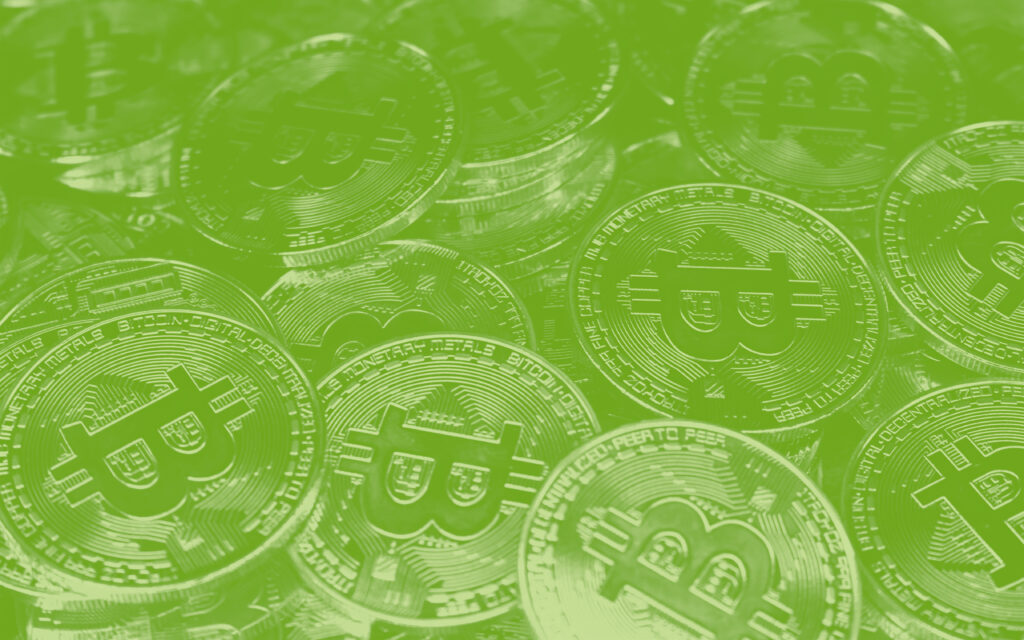In the past few years, blockchain has become one of the most talked-about technologies in the world. But what is blockchain, and how does it work? This blog will answer those questions and more! We’ll explain blockchain technology and how it works, provide examples of real-world applications, and explore some of the potential implications of this revolutionary technology.

What is Blockchain?
Blockchain is a distributed database that allows for secure, transparent, and tamper-proof transactions. It was first developed as the underlying technology behind Bitcoin, but it has since been adapted for many other uses. Blockchain can be used to track any type of transaction, from financial transactions to voting records to property transfers.
How does Blockchain work?
Blockchain works by creating a permanent, public record of all transactions that take place on the network. This record is known as the blockchain, and it’s maintained by a group of computers called nodes. When a new transaction occurs, it’s added to the end of the blockchain and verified by the nodes in the network. Once it’s verified, the transaction cannot be reversed or altered.
What are some of the benefits of Blockchain?
There are many benefits to blockchain technology, including:
- Security: Blockchain is a secure way to track transactions, and it’s difficult to tamper with the blockchain record.
- Transparency: All transactions on the blockchain are public and can be viewed by anyone.
- Efficiency: Transactions on the blockchain are fast and efficient.
- Cost savings: By eliminating the need for third-party intermediaries, blockchain can save businesses time and money.
- Increased trust: Blockchain can help increase trust between parties who don’t know each other or don’t trust each other.
What are some of the potential implications of Blockchain?
The possibilities for blockchain are endless. Here are some of the potential implications:
- Digital currencies: blockchain can be used to create new digital currencies, such as Bitcoin and Ethereum.
- Smart contracts: blockchain can be used to create smart contracts that automatically execute when certain pre-defined conditions are met.
- Supply chain management: blockchain can be used to track items in a supply chain from their origin to their final destination. This could help reduce counterfeiting and make it easier for businesses to ensure they’re complying with regulations like those related to conflict minerals or hazardous materials.
- Voting: blockchain could be used to create secure online voting systems that are tamper-proof and transparent.
Final thoughts
Blockchain is a revolutionary technology with many potential applications. It’s still in its early stages, but as more people become aware of blockchain, we’ll likely see an explosion of innovation over the next decade or so!